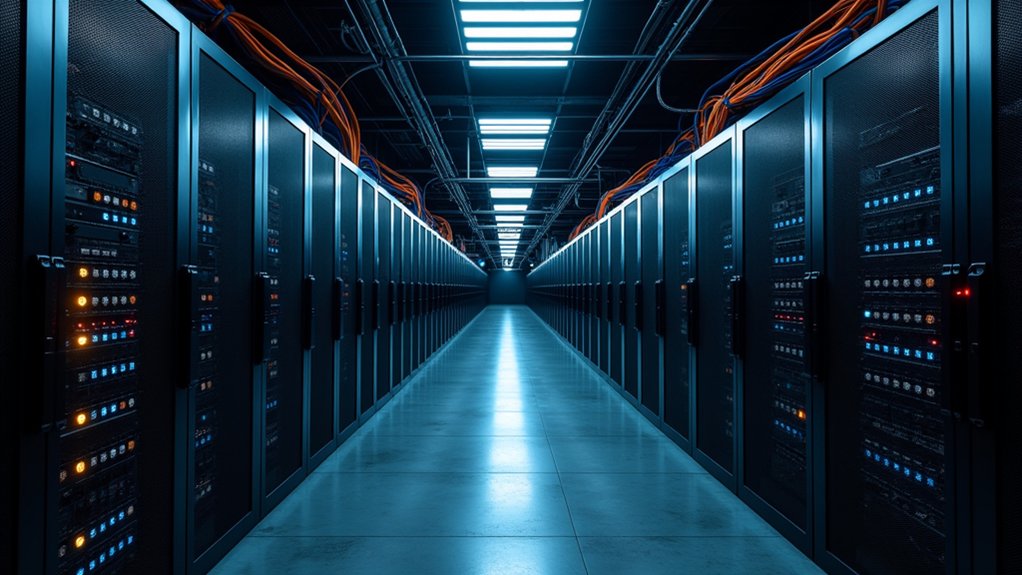As geopolitical tensions between Iran and the United States intensify, federal cybersecurity agencies have issued urgent warnings about an escalating threat from Iranian-affiliated hackers targeting critical infrastructure across multiple sectors. The Cybersecurity and Infrastructure Security Agency, FBI, NSA, and DC3 have coordinated alerts stressing heightened risks to Defense Industrial Base firms, particularly those maintaining connections to Israeli companies.
Iranian cyber actors are deploying sophisticated attack methodologies that exploit unpatched software vulnerabilities, weak security configurations, and authentication weaknesses across U.S. networks. These operations employ brute force attacks, password spraying techniques, and multi-factor authentication push bombing to compromise user credentials. Organizations face average breach costs of $4.35 million when successful attacks occur.
Recent campaigns have increasingly incorporated Distributed Denial of Service assaults, website defacement operations, and sensitive data exfiltration tactics borrowed from Russian cyber playbooks.
The threat environment encompasses both direct state-backed attacks arranged by entities like the Islamic Revolutionary Guard Corps and coordinated activities from ideologically aligned hacktivist groups. During 2023-2024, Iranian-affiliated actors successfully compromised multiple Israeli-linked technology entities, as the healthcare, defense, energy, financial services, and transportation sectors have been identified as potential targets for future disruption.
Federal agencies warn that Iranian hackers demonstrate particular interest in conducting disruptive attacks during major U.S. holidays and periods of heightened international strain. These operations often coincide with politically charged dates, maximizing psychological impact through strategic timing. Organizations must maintain heightened vigilance during these periods when threat levels are historically elevated.
Recent U.S. actions against Iranian nuclear facilities and ongoing Israel-Iran hostilities serve as primary triggers for retaliatory cyber campaigns.
Iranian operations frequently employ psychological warfare components, deliberately exaggerating attack impacts to generate public fear and confusion. Website defacements and public data leaks typically follow major geopolitical events, with hacktivist groups framing these operations as protest actions linked to regional conflicts.
Despite ongoing ceasefire negotiations between Israel and Iran, cyber activity levels remain heightened, indicating sustained threat persistence regardless of diplomatic developments. While no malicious activity has been detected recently, agencies continue to emphasize the importance of preparedness measures.
Federal agencies stress that Defense Industrial Base firms holding sensitive partnerships or data related to Israel face increased risk levels, requiring immediate implementation of improved security measures to protect against these evolving Iranian cyber capabilities.









